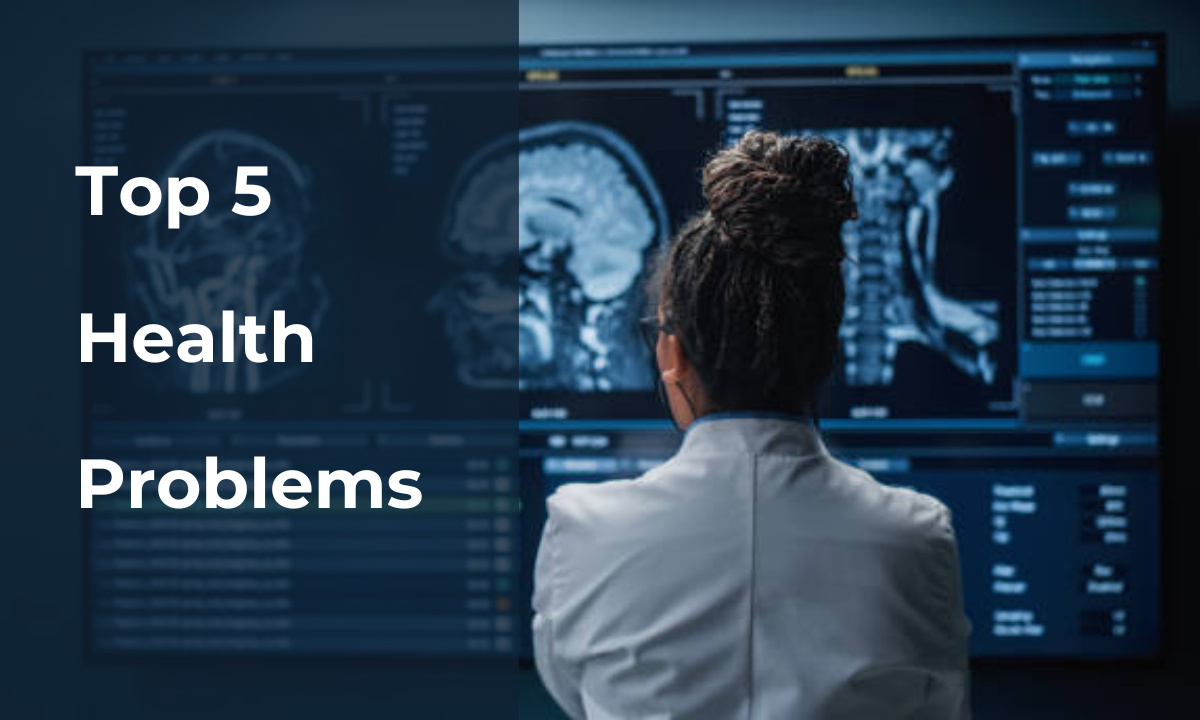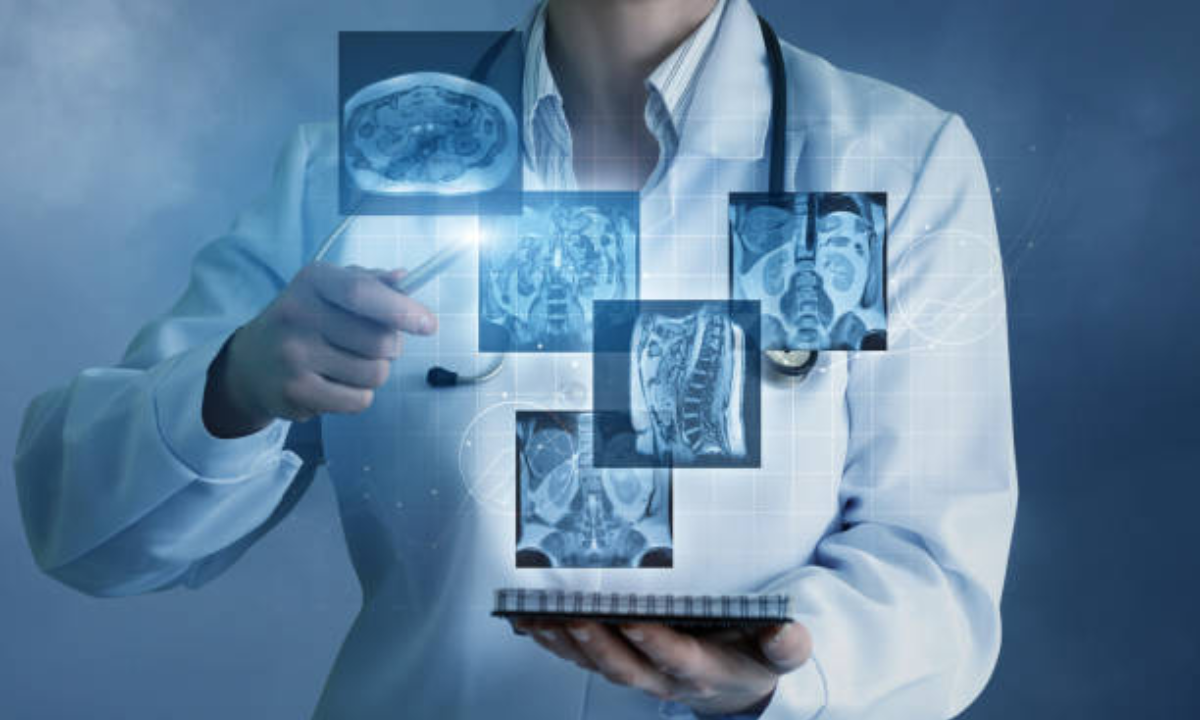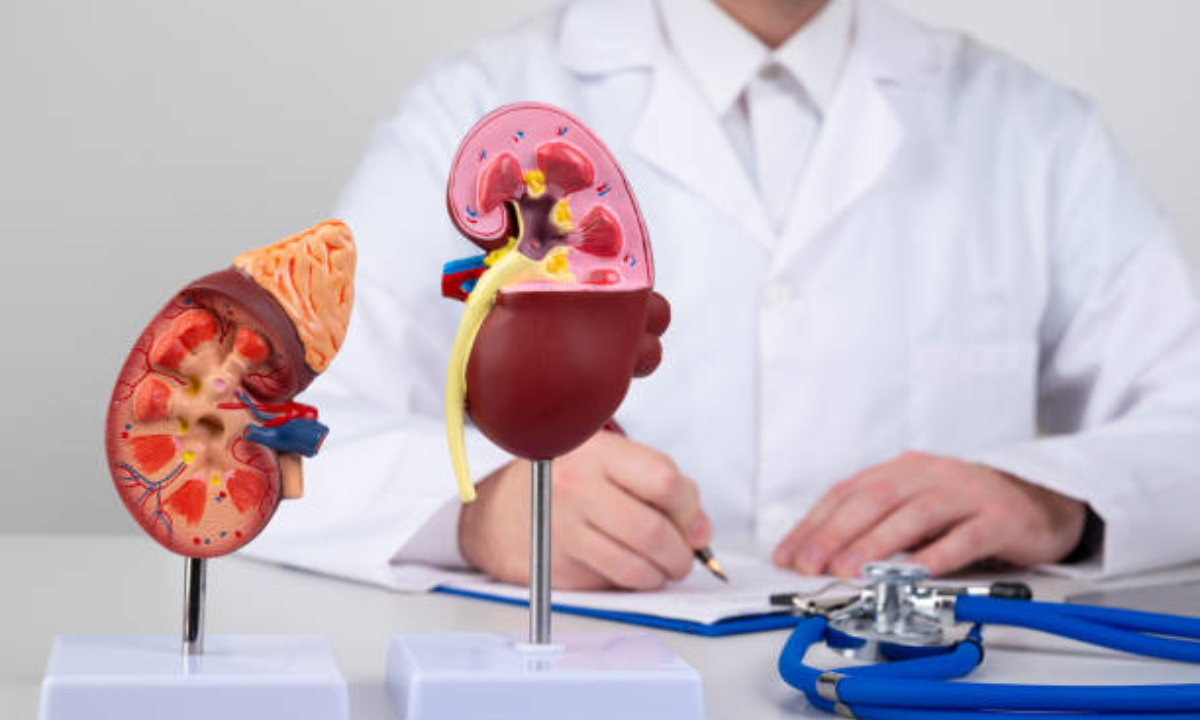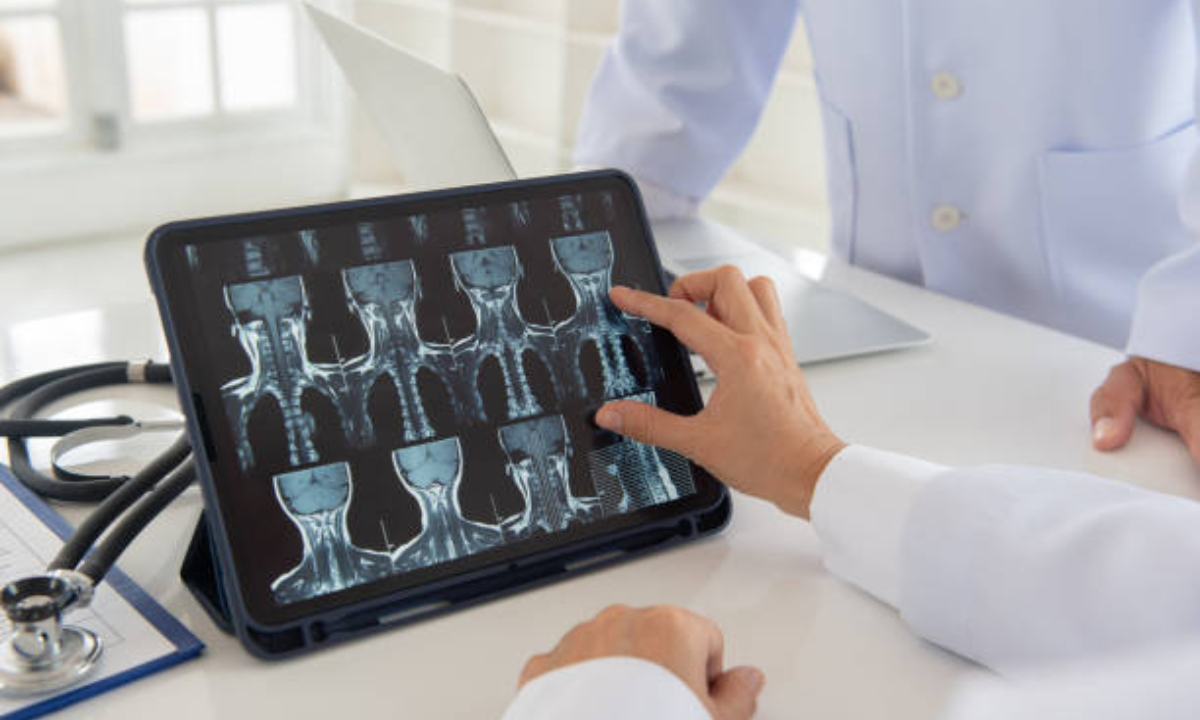CT scans, or Computed Tomography scans, are a valuable diagnostic tool in modern medicine. Combining numerous X-ray images yields highly detailed cross-sectional views of the body’s interior architecture, allowing clinicians to diagnose and analyze a wide range of health issues. This advanced imaging approach is very beneficial for detecting abnormalities that may not be seen on regular X-rays, providing crucial information about a patient’s status. CT scans are critical in the early diagnosis and management of a variety of medical disorders, including finding cancers, assessing damage after an injury, and diagnosing complex diseases.
For those seeking a CT scan in Bangalore, this technology is widely available at reputable diagnostic institutes throughout the city, allowing for speedy diagnosis and treatment. In this article, we will look at the top five health disorders that CT scans can detect and how they can help guide appropriate treatment decisions. The benefits of CT scans in Bangalore and worldwide are numerous, ranging from detecting lung cancer to diagnosing strokes, particularly when it comes to serious illnesses.
Health problem #1: Lung cancer
Lung cancer is one of the major causes of cancer-related deaths globally, and it often goes unnoticed until it is advanced. Early identification is crucial, and CT scans for lung cancer have been proven to be an effective method for detecting lung cancer, especially in high-risk persons such as smokers or those who have been exposed to hazardous substances such as asbestos or industrial chemicals. Unlike typical chest X-rays, which may overlook minor abnormalities, CT scans provide precise, high-resolution images of the lungs, allowing clinicians to detect even minute nodules or masses that could be malignant.
A low-dose CT scan is routinely used to screen for lung cancer in high-risk individuals. This noninvasive screening tool detects the disease early on, sometimes before symptoms show, boosting the chances of successful treatment. Early identification with CT scans can greatly improve survival rates and help doctors choose the best treatment options, such as surgery, chemotherapy, or radiation therapy.
Health Problem #2: Brain Tumors
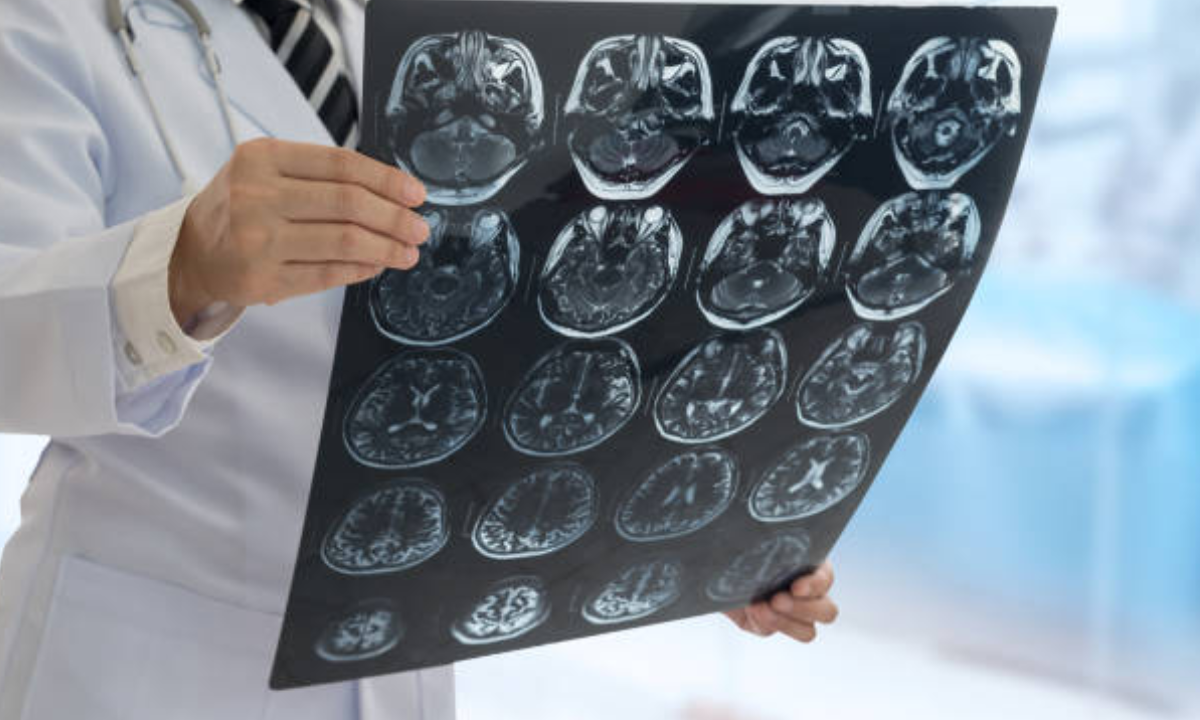
Brain tumors, whether benign or malignant, can cause a variety of symptoms, including persistent headaches, seizures, and vision problems. It is critical to detect these cancers early, and CT scans can help with that. A CT scan brain tumor provides precise images of the brain’s structure, allowing clinicians to properly determine the size, location, and kind of tumor. This precise imaging capability is critical for designing an appropriate treatment strategy based on the tumor’s characteristics.
Although MRI scans provide more detailed views of the brain, CT scans are frequently the first diagnostic technique employed, particularly in emergency cases where time is of the essence. A CT scan can swiftly detect any swelling, hemorrhage, or abnormal growths in the brain, allowing for timely medical intervention. CT scans provide early and accurate diagnosis of brain cancers, directing decisions about surgery, radiation therapy, with diagnostic centers in Bangalore and other treatment options.
Health Problem #3: Kidney Stones
Kidney stones are hard mineral deposits that grow in the kidneys and can cause considerable discomfort as they pass through the urinary canal. Diagnosing kidney stones effectively is critical for effective therapy, and a CT scan is one of the most efficient tools for doing so. Unlike ultrasonography, which may overlook smaller stones, a CT scan provides a complete view of the stones’ size, shape, and placement, resulting in clear and exact images.
CT scans can detect even the smallest kidney stones, allowing clinicians to determine the most effective treatment plan for each patient. In addition to confirming the existence of stones, the scan can detect any associated issues, such as blockages or kidney damage. This precise information assists medical practitioners in determining whether intervention such as medication, non-invasive procedures, or surgery is required, ensuring that patients receive the best suitable care for their illness.
Health problem #4: Stroke
A stroke occurs when blood flow to a specific part of the brain is disrupted, either by a clot (ischemic stroke) or a ruptured blood vessel (hemorrhagic stroke). The ability to diagnose a stroke promptly and accurately is crucial, and a CT scan is typically the first imaging method employed in such circumstances. CT scans can swiftly detect bleeding in the brain or other abnormalities that may indicate a stroke.
CT scans provide for rapid diagnosis, which is crucial for effective stroke treatment. The scan helps to rule out other conditions and detect clots in ischemic strokes, but it depicts hemorrhagic strokes. This timely information is crucial for selecting the best course of action, whether that means delivering clot-dissolving drugs or performing surgery to stop the bleeding. A CT scan provides quick and reliable imaging, which is critical for improving stroke patient outcomes.
Health problem #5: Heart disease
CT scans are quite helpful in diagnosing many types of cardiac disease. One of the principal purposes of a CT scan for heart disease is to detect coronary artery disease, a condition in which the arteries that carry blood to the heart narrow or get clogged by plaque. A specialized CT scan known as coronary CT angiography produces comprehensive images of the coronary arteries, allowing clinicians to measure blood flow and detect blockages or irregularities.
Aside from diagnosing coronary artery disease, CT scans can help uncover other heart-related disorders. They can detect aortic aneurysms, which are dangerous enlargements of the aorta, as well as pericardial illness, which is inflammation of the heart’s lining. CT scans can also aid in the diagnosis of congenital cardiac problems. These scans provide cardiologists with a complete picture of the heart’s anatomy and function, allowing them to recommend appropriate therapy such as medication, stent placement, or surgery to avoid major repercussions such as heart attacks.
Conclusion: The Importance of Regular Health Check-ups and CT Scans
CT scans have altered medical diagnostics by providing detailed, non-invasive imaging capabilities that enable the diagnosis of a wide range of health conditions. CT scans have an important role in the early identification and correct diagnosis of lung cancer, brain tumors, kidney stones, strokes, and heart disease, which can greatly improve patient outcomes and save lives.
CT scans are an effective diagnostic tool, but they are only one part of a total health examination. Regular health check-ups, paired with screenings like a PET-CT scan in Bangalore, can help discover any health issues before they become serious. If you are at risk for any of the aforementioned disorders or are experiencing concerning symptoms, you should consult your doctor about the need for a CT scan. Early detection using current imaging techniques such as PET-CT can have a substantial impact on the management and treatment of a wide range of health issues, ultimately leading to better long-term health and well-being.
Kiranpet Diagnostic Centre offers comprehensive medical imaging and diagnostic services, providing accurate and timely results to support patient care. contact us today +91 70902 70904

